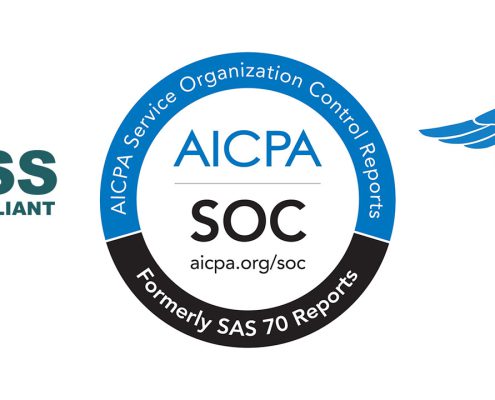Tag Archive for: Utah

Compliances Your Data Center Needs
Colocation provider data centers have to achieve compliance in some instances to “keep things legal.” If you own or manage a company that requires such certifications, you already know which ones are necessary—but are you sure your colocation…